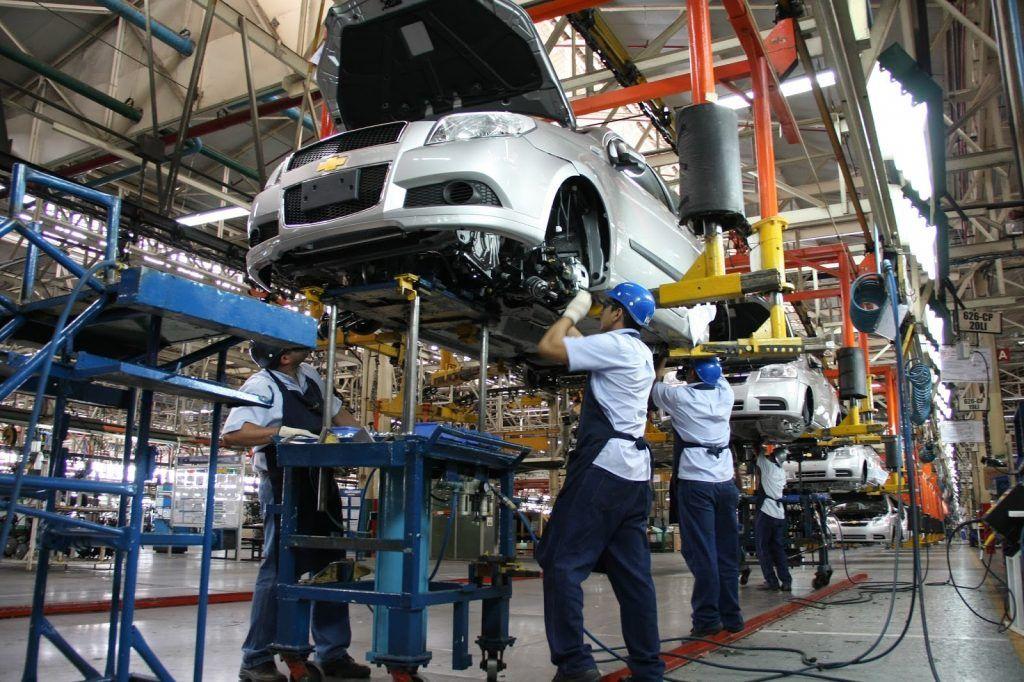Mexico grants high tax incentives to its automotive industry, so that seven companies have received up to 150 billion pesos in annual refunds, according to Raquel Buenrostro, former head of the Tax Administration Service (SAT).
Above all, the automotive industry receives tax benefits derived from the double taxation agreements signed by Mexico.
Mexico currently has 60 double taxation agreements. Since 2017, five of these agreements have entered into force (Kingdom of Saudi Arabia, Argentina, Costa Rica, Philippines and Jamaica).
In addition, to promote the consumption of vehicles using new clean technologies, Mexico temporarily eliminated during the period 2020-2024 (September 30) tariffs for a number of cars and electric vehicles.
These benefits are given through the Decree modifying the Tariff of the Law of General Import and Export Taxes, the Decree for the support of the competitiveness of the automotive terminal industry and the impulse to the development of the domestic automobile market, the Decree establishing the general import tax for the border region and the northern border strip, the Decree establishing various Sector Promotion Programs and the various establishing tariff-quota (Diario Oficial de la Federación of December 24, 2020).
Tax incentives
Mexico exported automotive products for a customs value of US$165.232 billion in 2022, an amount that is 18.2% higher compared to 2021, according to Inegi data.
Most of the tax incentives granted by Mexico to its automotive industry originated in the 1990s to attract Foreign Direct Investment (FDI) flows.
So even though the companies that have received these incentives since then have already recovered the capital they originally invested, they reinvest every year.
Globally, the industry is capital-intensive, with a relatively high capital/labor ratio, and in many countries a large part of the production is exported.
In Mexico, the automotive sector continues to show signs of recovery despite continued pressure from the lack of semiconductors and the inflationary effects on the industry due to the war and the pandemic.
![]()

